How Solar Power Supports UK Businesses Facing Energy Reporting and Compliance Requirements in 2025
With growing pressure on large UK businesses to cut emissions and meet mandatory energy reporting deadlines, solar is no longer just a cost-saving tool — it’s also a strategic asset for compliance. Frameworks like SECR, ESOS Phase 3, and the upcoming CSRD are tightening expectations around how companies track, reduce, and report their energy use.
At Next Generation Solar, we help businesses across Swindon, Reading, and the South West navigate their solar options in the context of these wider compliance requirements. While we are not compliance consultants, we regularly work alongside businesses that need to demonstrate carbon reductions and efficiency improvements as part of their regulatory obligations.
What Are SECR and ESOS
SECR (Streamlined Energy and Carbon Reporting)
Applies to large UK companies that meet at least two of the following:
-
250 or more employees
-
£36 million or more in turnover
-
£18 million or more in total assets
These companies must report on their UK energy use and associated greenhouse gas emissions annually — and outline energy efficiency actions taken.
ESOS Phase 3 (Energy Savings Opportunity Scheme)
This applies to large UK undertakings and requires a mandatory energy audit every four years. The deadline for ESOS Phase 3 compliance is 5 June 2025. Audits must identify energy-saving opportunities and cover buildings, processes, and transport.
What About the CSRD and Net Zero Commitments
CSRD (Corporate Sustainability Reporting Directive)
This new EU-aligned directive will begin affecting some UK businesses trading in the EU from 2025 onwards. It brings stricter sustainability reporting standards — and solar energy generation can contribute directly to measurable Scope 2 emissions reductions.
Net Zero Goals
Many organisations are setting internal Net Zero targets or being pushed by stakeholders to reduce Scope 1 and 2 emissions. Onsite solar helps reduce grid-supplied electricity use, offering a visible and verifiable emissions reduction pathway.
How Solar Supports SECR and ESOS Compliance
-
Demonstrates Action Taken
Installing solar shows a clear, measurable step towards reducing emissions — something both SECR and ESOS frameworks expect. -
Reduces Grid Reliance
Onsite generation cuts Scope 2 emissions from electricity, improving your carbon footprint metrics. -
Improves Energy Efficiency Metrics
While solar is a generation technology, it often goes hand in hand with energy reviews and consumption optimisation — helping identify and reduce unnecessary load. -
Supports Reporting Transparency
Solar system data can be used to support internal reporting, ESG tracking, and public-facing sustainability statements.
What Are the Limitations
-
Solar alone may not achieve full compliance with frameworks like SECR or ESOS
-
You’ll still need certified auditors and compliance consultants
-
Energy use across your transport and process operations will also need review
-
Reporting accuracy and metering must meet each scheme’s standards
At NGS, we are careful not to overpromise — but we work closely with clients and their consultants to design solar systems that contribute meaningfully to compliance strategies.
How Next Generation Solar Can Help
We assist organisations preparing for SECR, ESOS, or broader sustainability reporting by:
-
Assessing whether solar is a viable addition to your energy strategy
-
Designing systems that maximise on-site consumption and emissions reduction
-
Providing system monitoring data to support internal reporting
-
Advising on how solar fits into broader ESG or Net Zero goals
We’ve supported dealerships, commercial units, and multi-site operators looking to future-proof both their operations and their reporting.
Preparing for 2025 Deadlines
If your business is facing energy reporting obligations in 2025, it’s worth exploring solar now. Lead times for approvals and installations mean that early action can ensure your system is live in time to support your next audit or reporting cycle.
Speak to the team at Next Generation Solar to discuss your goals, timelines, and whether solar could form part of your SECR or ESOS strategy.
Explore more:







